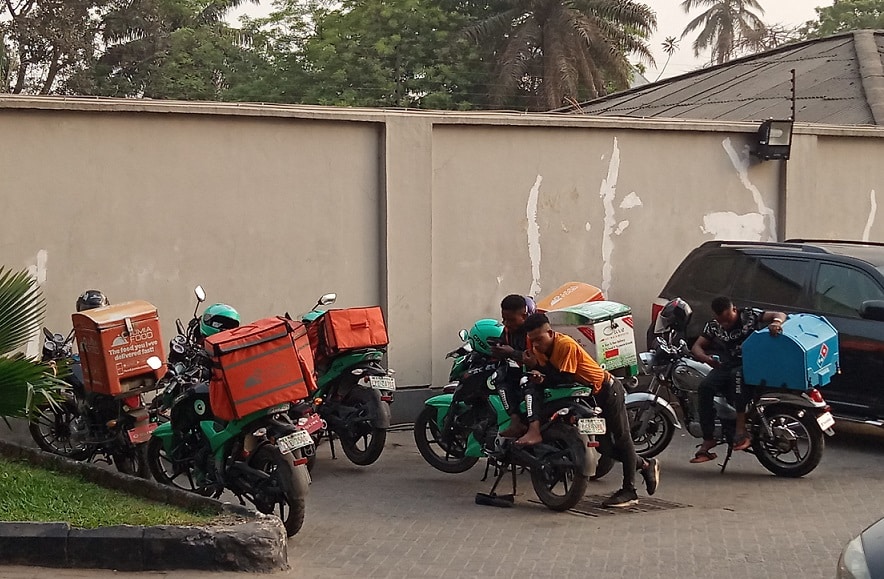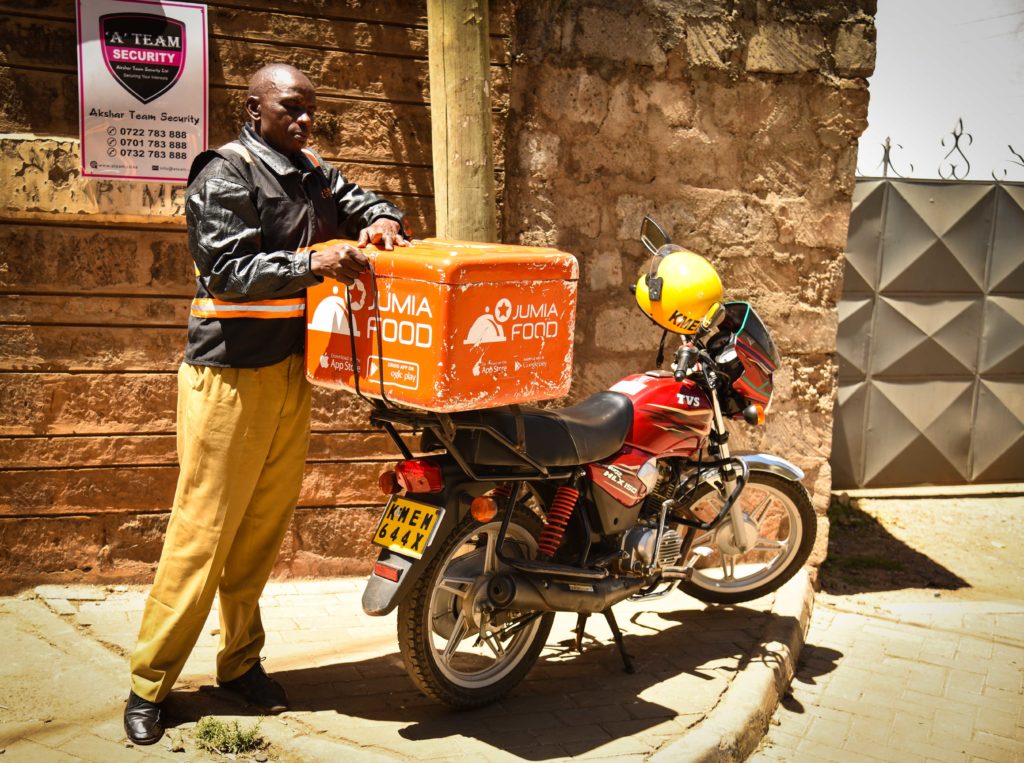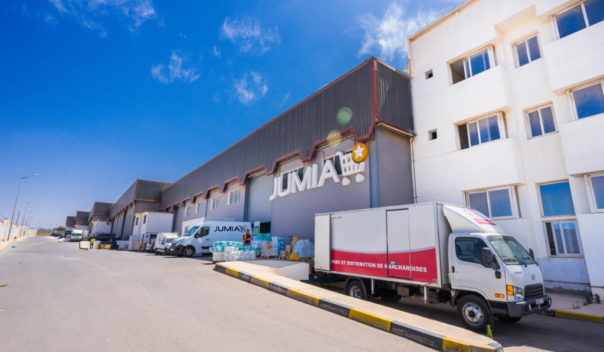In a decisive move, Jumia is shuttering its food delivery service, Jumia Food, across its operating countries, including Nigeria, Kenya, Morocco, Ivory Coast, Tunisia, Uganda, and Algeria, by the end of December 2023. The company will now focus on its core physical goods business and the Jumia Pay platform across its 11 countries of operations.
“The more we focus on our physical goods business, the more we realize that there is huge potential for Jumia to grow, with a path to profitability. We must take the right decision and fully focus our management, our teams and our capital resources to go after this opportunity. In the current context, it means leaving a business line, which we believe does not offer the same upside potential – food delivery,” said Francis Dufay, Chief Executive Officer of Jumia.
Despite constituting 11% of Jumia’s Gross Merchandise Value (GMV) in the first nine months of 2023, Jumia Food has struggled to achieve profitability since its inception. This means the total value of food sold on Jumia Food stood at $64 million (11% of $581 million) between January and September 2023. An indicator of the massive scale Jumia Food was operating at, but it doesn’t necessarily amount to revenue or profitability.
Since its inception, Jumia Food experienced fluctuating fortunes, with a significant 82% year-over-year growth in 2021, reflecting the company’s strong foothold in the food delivery segment. However, in 2023, the company saw a marked decline in Quarterly Active Consumers and Orders. A consequence of its shift to drive profitability by focusing on viable categories and reducing consumer incentives.
As for employees focused on Jumia Food, the company says a number of them will transition to the core physical goods segment, suggesting that some could be laid off.
The African food delivery landscape is complex

Parallel to Jumia Food’s shutdown, Bolt Food, another significant player in the African food delivery market, announced its exit from Nigeria and South Africa in December 2023. Bolt Food’s departure, despite its expansion efforts in major Nigerian cities like Lagos, is attributed to economic downturns, high inflation, and stiff competition from well-entrenched rivals such as Jumia Food, Gokada, and Uber Eats.
In contrast, Barcelona-based startup, Glovo has been deepening its presence in Sub-Saharan Africa with key partnerships with restaurant chains like Chicken Republic and Shoprite.
Chowdeck, another key player in Nigeria’s food delivery market, has shown impressive growth, recently celebrating a significant milestone of delivering food worth over ₦1 billion ($1.2 million) in a single month. Chowdeck’s recent partnership with Shoprite for grocery delivery marks a landmark moment in its expansion strategy.
However, there’s a note of caution in interpreting Chowdeck’s reported success with food delivery. When placed in context, Jumia’s 9-month figure of $64 million amounted to ₦5.7 billion monthly, yet profitability was still an issue. This is not unique to Jumia.
Profitability remains a challenge for many players in the global food delivery landscape.
In the US, Doordash and Uber have burned millions in venture capital to control 96% of the on-demand food delivery business while barely making any profit.
With $1 billion in funding to date, Glovo seems to be part of that mould but has differentiated itself with early diversification of revenue and already operates in 25 markets.
A key point in Chowdeck’s favour seems to be a capital-efficient model, as the CEO maintained in an interview that its growth to $1.2 million monthly GMV was purely organic.
The African food delivery market, expected to grow at a CAGR of 12.2% from 2023 to 2028, reaching $1.7 billion, presents a landscape of both opportunities and challenges. While partnerships and technological integration offer growth avenues, the path to profitability remains complex. The experiences of Jumia Food and Bolt Food, contrast with the expansion of Glovo and Chowdeck. Both are relatively early in Africa’s food delivery landscape and there’s still time to chart a different course.
To learn more about the deep challenges eCommerce companies face in Nigeria, read the article below.










